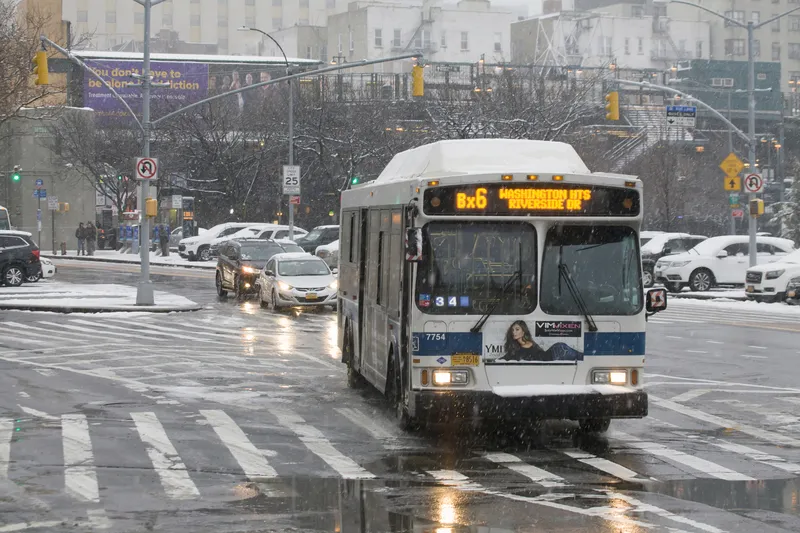As a result of collaboration between VicRoads and the Technical University of Crete in Victoria, Australia, to find new ways to reduce congestion, drivers on the M80 are to benefit from new technology.
Following a manual trial in 2014, the Adaptive Variable Speed Limit has now been implemented on the M80 ring road in Melbourne. The system recognises when traffic is starting to build up and adjusts traffic speed, regulating traffic flow and providing a safer and more reliable journey for the 160,000 drive
July 21, 2016
Read time: 2 mins
As a result of collaboration between 4728 VicRoads and the Technical University of Crete in Victoria, Australia, to find new ways to reduce congestion, drivers on the M80 are to benefit from new technology.
Following a manual trial in 2014, the Adaptive Variable Speed Limit has now been implemented on the M80 ring road in Melbourne. The system recognises when traffic is starting to build up and adjusts traffic speed, regulating traffic flow and providing a safer and more reliable journey for the 160,000 drivers who use the road every day.
Powered by an algorithm, the system assesses live traffic conditions and regulates traffic speed by sending information to drivers via overhead gantries. Drivers can expect to see speed limits change before traffic become heavy, particularly during morning and afternoon peak times.
Traffic data from the new system will be closely monitored and evaluated, with a view to rolling the system out more broadly across the state’s freeway network.
Following a manual trial in 2014, the Adaptive Variable Speed Limit has now been implemented on the M80 ring road in Melbourne. The system recognises when traffic is starting to build up and adjusts traffic speed, regulating traffic flow and providing a safer and more reliable journey for the 160,000 drivers who use the road every day.
Powered by an algorithm, the system assesses live traffic conditions and regulates traffic speed by sending information to drivers via overhead gantries. Drivers can expect to see speed limits change before traffic become heavy, particularly during morning and afternoon peak times.
Traffic data from the new system will be closely monitored and evaluated, with a view to rolling the system out more broadly across the state’s freeway network.









